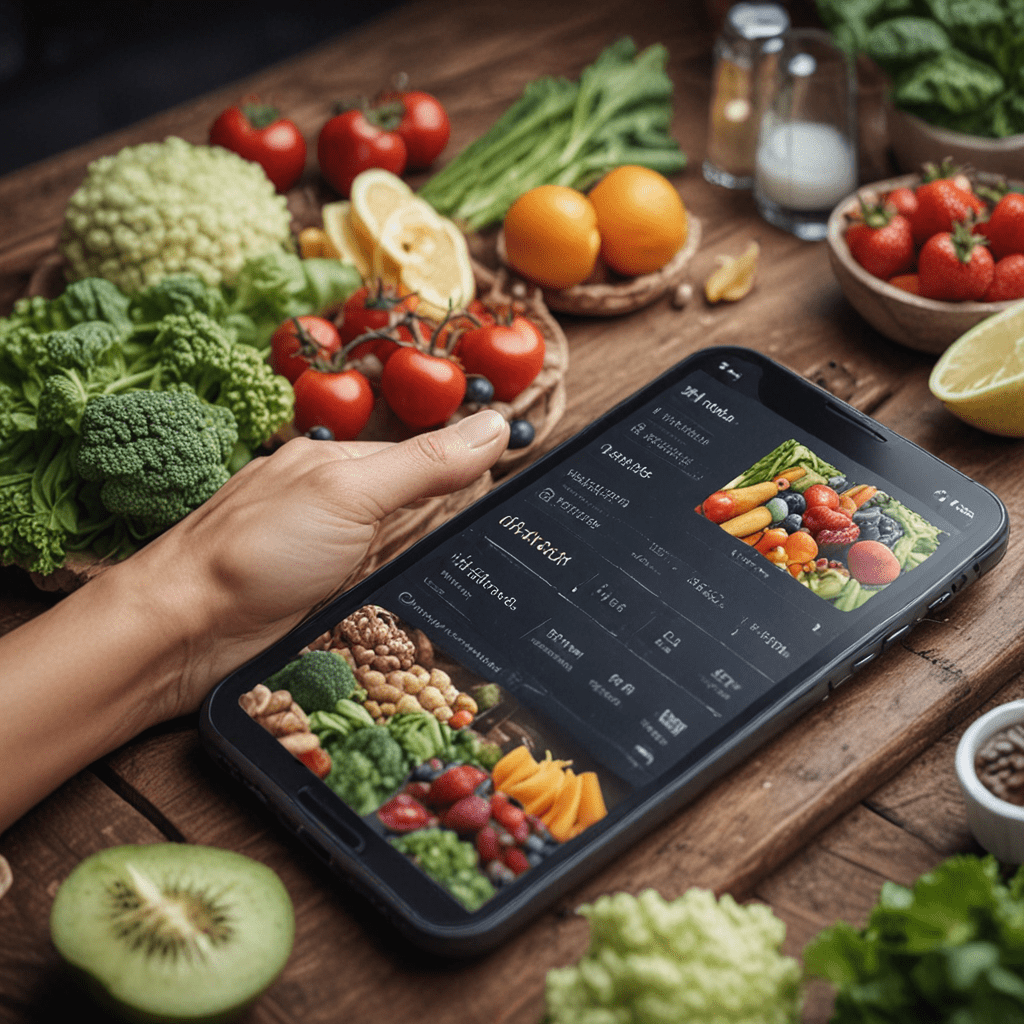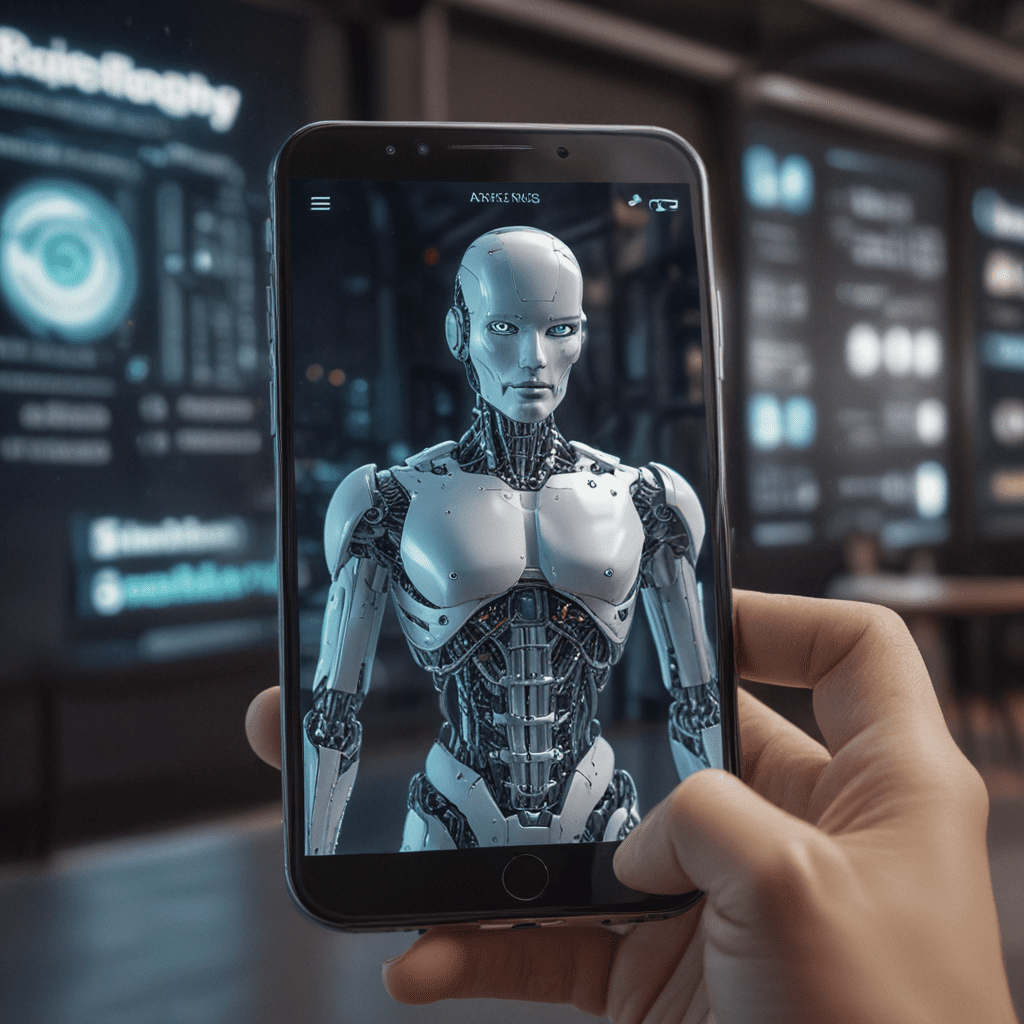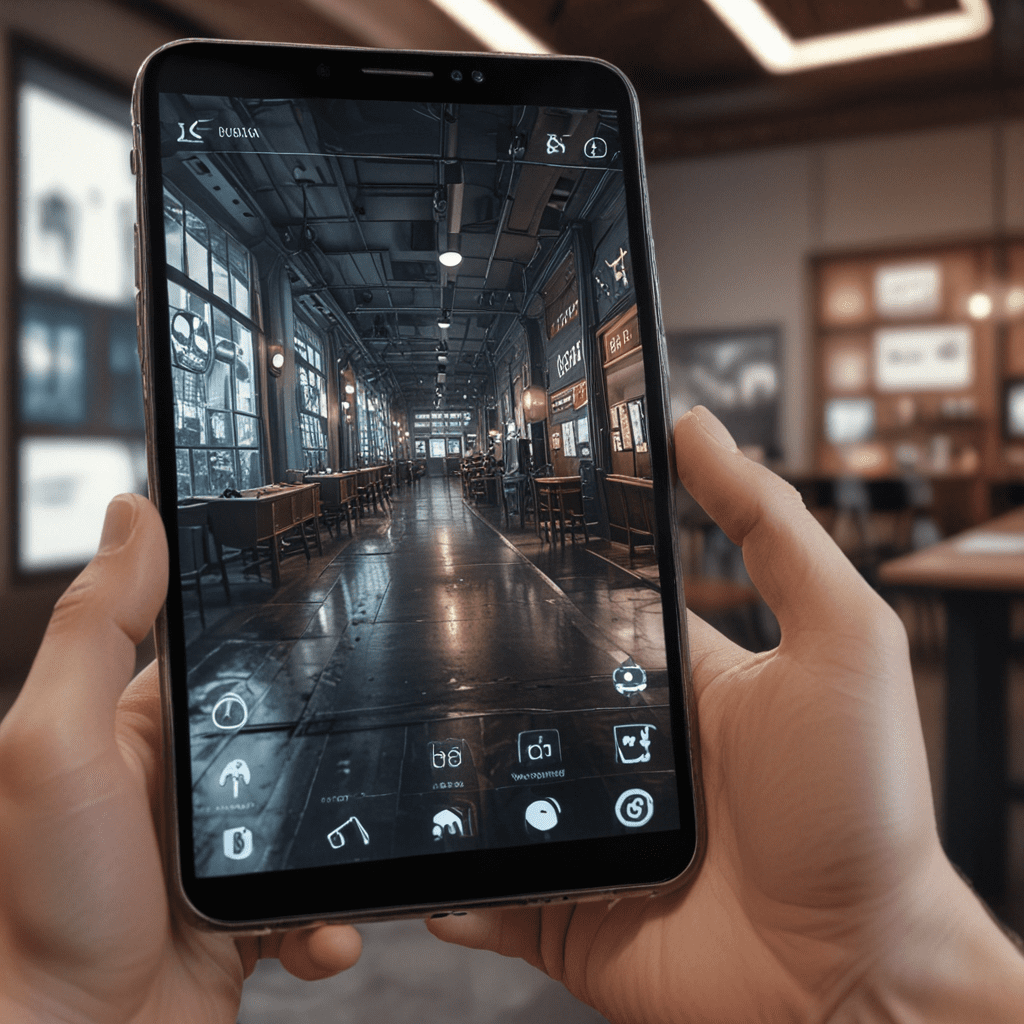
Introduction: The Rise of Personalized Nutrition
Personalized nutrition is a rapidly growing field that empowers individuals to optimize their health and well-being through tailored dietary recommendations. Unlike traditional one-size-fits-all approaches, personalized nutrition recognizes the unique needs, preferences, and genetic makeup of each individual. This approach has revolutionized the way we think about nutrition and has led to significant advancements in promoting optimal health outcomes. Mobile apps have emerged as powerful tools in the personalized nutrition space, enabling users to access real-time guidance, track their progress, and make informed dietary choices.
Understanding the Role of Mobile Apps in Personalized Nutrition
Mobile apps provide a convenient and personalized platform for users to manage their nutritional needs. These apps leverage advanced data collection techniques, such as dietary surveys and food logs, to gather insights into users' eating habits, lifestyle factors, and health goals. By analyzing this data, apps can generate tailored meal plans, recipe recommendations, and nutritional guidance that align with users' specific needs and preferences. Furthermore, mobile apps offer real-time support and motivation, empowering users to stay on track and achieve their nutritional goals.
Tools for Data Collection and Analysis
Mobile apps employ sophisticated tools to gather and analyze data related to users' nutritional intake and health status. Dietary surveys collect detailed information about users' eating habits, including food preferences, portion sizes, and meal frequency. Food logs allow users to track their daily food intake, providing a comprehensive record of their nutritional choices. Advanced analytics techniques, including machine learning and artificial intelligence, are employed to identify patterns, extract insights, and generate personalized recommendations based on the collected data.
Personalized Meal Planning and Recipe Recommendations
One of the key features of mobile apps for personalized nutrition is the ability to generate tailored meal plans and recipe recommendations. These plans are designed to meet users' individual nutritional requirements, preferences, and health goals. Apps can consider factors such as dietary restrictions, allergies, and food sensitivities to create meal plans that are both nutritious and enjoyable. Additionally, apps provide a vast library of recipes that are curated to align with users' dietary needs, making it easy for them to incorporate healthy and personalized meals into their daily routine.
Integration with Wearable Devices and Health Trackers
Mobile apps for personalized nutrition seamlessly integrate with wearable devices and health trackers to provide a holistic view of users' health and fitness data. By connecting to these devices, apps can gather real-time information about users' activity levels, heart rate, and sleep patterns. This data is then analyzed alongside nutritional information to provide comprehensive insights into users' overall health and well-being. This integration enables apps to offer more personalized and tailored recommendations that address users' specific needs and goals.
Artificial Intelligence and Machine Learning for Nutrition Customization
Artificial intelligence (AI) and machine learning (ML) algorithms play a pivotal role in the development of mobile apps for personalized nutrition. These technologies enable apps to analyze vast amounts of data, identify patterns, and make accurate predictions about users' nutritional needs. By leveraging AI and ML, apps can provide highly customized recommendations that adapt to users' changing preferences and health goals. This level of personalization empowers users to make informed dietary choices that optimize their well-being.
Behavioral Change and Habit Tracking
Mobile apps for personalized nutrition are not merely tools for tracking food intake; they also serve as powerful motivators for behavioral change. These apps incorporate habit-tracking features that enable users to monitor their progress, identify areas for improvement, and stay accountable to their nutritional goals. By providing real-time feedback and encouragement, apps help users develop healthy eating habits that become sustainable over time.
Solutions for Specific Dietary Needs and Restrictions
Recognizing the diverse nutritional needs of individuals, mobile apps for personalized nutrition offer tailored solutions for specific dietary requirements and restrictions. Whether users have allergies, intolerances, or follow specialized diets such as veganism or keto, these apps can accommodate their unique needs. By providing comprehensive nutritional guidance and personalized recommendations, apps empower individuals to manage their dietary conditions effectively and maintain optimal health.
Challenges and Considerations in Mobile App Development for Personalized Nutrition
Developing mobile apps for personalized nutrition presents several challenges that must be carefully considered. Data privacy and security are paramount, as apps handle sensitive personal information. Additionally, ensuring the accuracy and reliability of recommendations is crucial to maintain user trust. Furthermore, balancing personalization with scalability can be a complex task, as apps must cater to a diverse user base while maintaining efficiency and ease of use. Navigating these challenges requires a thoughtful and collaborative approach among developers, nutritionists, and data scientists.
Future Trends and Innovations in Mobile Nutrition Apps
The future of mobile nutrition apps holds exciting possibilities for innovation and growth. The integration of augmented reality (AR) and virtual reality (VR) technologies can enhance user engagement and provide immersive experiences. Blockchain technology has the potential to revolutionize data security and empower users with greater control over their nutritional information. Additionally, advancements in AI and ML algorithms will enable apps to offer even more personalized and effective recommendations, further revolutionizing the field of personalized nutrition.
FAQ
Q: What are the benefits of using mobile apps for personalized nutrition?
A: Mobile apps for personalized nutrition provide tailored dietary guidance, recipe recommendations, and habit-tracking features to help users optimize their health and well-being.
Q: How do mobile apps for personalized nutrition gather data?
A: These apps employ dietary surveys, food logs, and integration with wearable devices and health trackers to collect data related to users' nutritional intake and health status.
Q: Are mobile apps for personalized nutrition suitable for people with specific dietary needs?
A: Yes, many apps offer tailored solutions for specific dietary requirements and restrictions, such as allergies, intolerances, and specialized diets.
Q: What are the challenges in developing mobile apps for personalized nutrition?
A: Ensuring data privacy, accuracy of recommendations, and balancing personalization with scalability are key challenges in developing mobile apps for personalized nutrition.
Q: What are the future trends in mobile nutrition apps?
A: The future holds innovations such as the integration of AR/VR, blockchain technology, and advancements in AI/ML algorithms to enhance user experience and provide even more personalized and effective recommendations.


